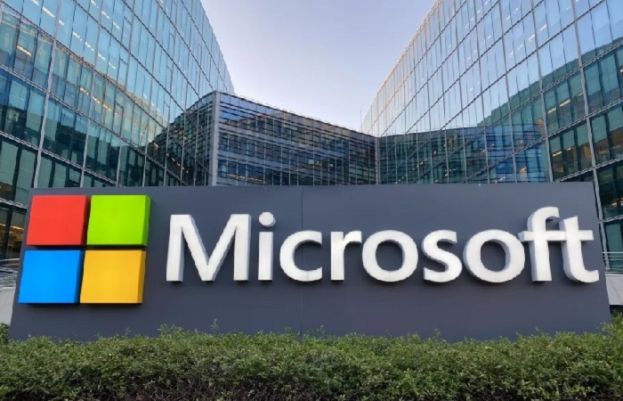Microsoft Corp on Tuesday rolled out an image-creation feature for search engine Bing and browser Edge that will use the technology behind OpenAI’s DALL-E to create pictures based on text prompts.
The tool, named ‘Bing Image Creator’, will be available to users of the latest AI-powered version of Bing and Edge preview.
Bing Image Creator will be integrated into Bing chat, rolling out initially in Creative mode starting Tuesday for users on desktop and mobile, Microsoft said in a blog post.
Companies large and small are locked in a fierce competition to deploy software that could reshape how people work after a frenzy started with last year’s launch of ChatGPT, the OpenAI-owned chatbot sensation that showed the potential of so-called large language models.
At the center are Microsoft and Alphabet Inc’s Google, touting AI features for their most popular products from spreadsheet software Excel to Gmail.
Redmond, Washington-based Microsoft has sought to outpace peers through investments in OpenAI, which last week released GPT-4 that performs a range of tasks from creating a real website through a hand-drawn mock up to helping individuals calculate their taxes.
The software giant also launched new features – Visual Stories and Knowledge Cards 2.0 – for Bing users. The features will use AI-generated graphics and more interactive elements such as charts and timelines to provide information and key facts at a glance.
Microsoft Corp on Tuesday rolled out an image-creation feature for search engine Bing and browser Edge that will use the technology behind OpenAI’s DALL-E to create pictures based on text prompts.
The tool, named ‘Bing Image Creator’, will be available to users of the latest AI-powered version of Bing and Edge preview.
Bing Image Creator will be integrated into Bing chat, rolling out initially in Creative mode starting Tuesday for users on desktop and mobile, Microsoft said in a blog post.
Companies large and small are locked in a fierce competition to deploy software that could reshape how people work after a frenzy started with last year’s launch of ChatGPT, the OpenAI-owned chatbot sensation that showed the potential of so-called large language models.
At the center are Microsoft and Alphabet Inc’s Google, touting AI features for their most popular products from spreadsheet software Excel to Gmail.
Redmond, Washington-based Microsoft has sought to outpace peers through investments in OpenAI, which last week released GPT-4 that performs a range of tasks from creating a real website through a hand-drawn mock up to helping individuals calculate their taxes.
The software giant also launched new features – Visual Stories and Knowledge Cards 2.0 – for Bing users. The features will use AI-generated graphics and more interactive elements such as charts and timelines to provide information and key facts at a glance.
Microsoft launches image-creation tool on Bing powered by OpenAI’s tech

